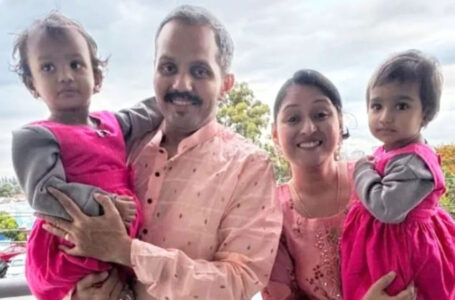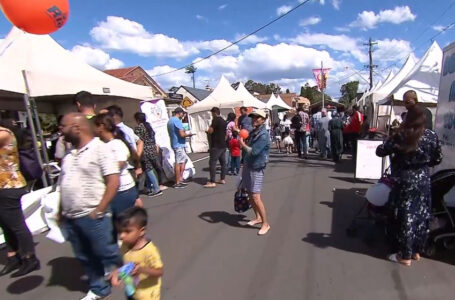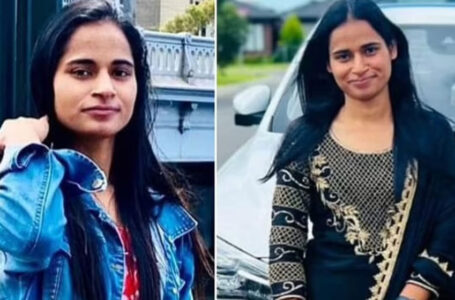Prime Minister Narendra Modi gets a warm welcome by thousands of fans on his Australian Visit
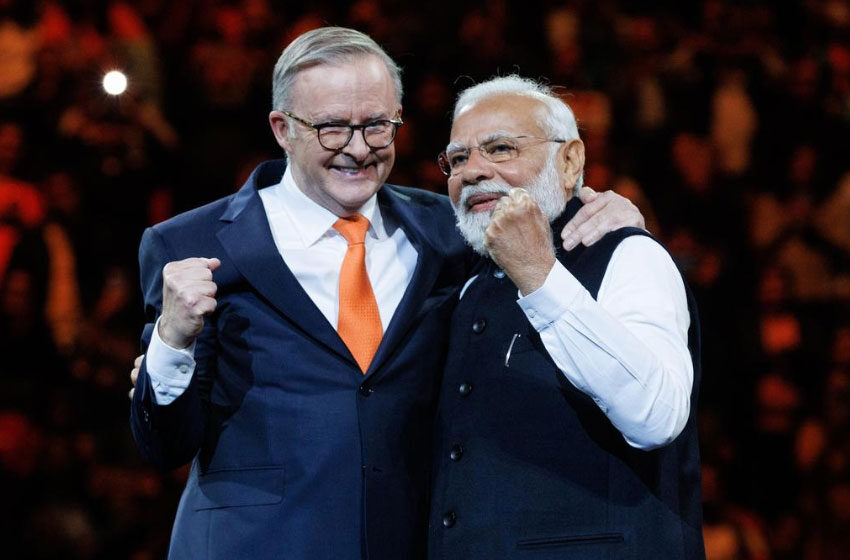
Prime Minister Narendra Modi has been declared one of India’s most charismatic political leaders in recent times. Furthermore, his popularity can be reflected during his second visit to Australia on 23rd May; 20 000 cheering fans warmly welcomed him at a Sydney Stadium, where many of them were chanting “Modi”.
Besides, A skywriter had earlier emblazoned the sky over Sydney with the message “Welcome Modi” in an indication of the city’s enthusiasm about the 72-year-old Indian leader’s visit.
Prime Minister Anthony Albanese shared the stage with Modi and compared the crowd, which consisted primarily of Indian people, to that of a Bruce Springsteen concert.
In fact, he addressed the crowd and said the last time he saw someone on that stage was Bruce Springsteen, and even he did not get the kind of welcome that PM Modi received. “Prime Minister Modi is the Boss,” Albanese added, using Springsteen’s nickname.
Furthermore, Modi said that the trade between India and Australia will increase in the next five years. He pointed out that both countries’ joint cooperation has been growing in varied areas like disaster management, strategic technologies, reliable supply chain, education and health security and climate change.
Also, although the Indian diaspora accounts for only three per cent of Australia’s population, it is the nation’s fastest-growing ethnic minority. Moreover, PM Modi is the only leader of the QUAD nations who continued his scheduled visits to Australia.
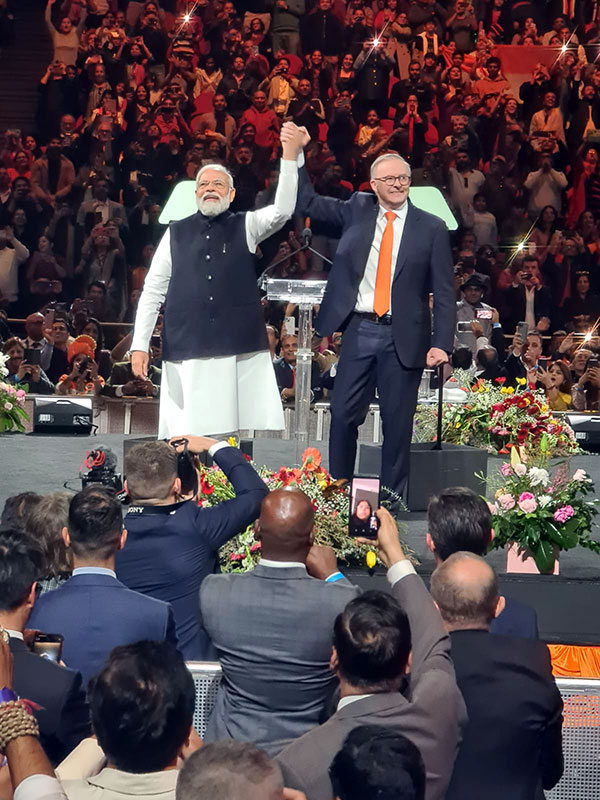
On the other hand, US President Joe Biden had to cancel the meeting as he had to return to Washington to focus on debt limit talks. And Japanese Prime Minister Fumio Kishida, who hosted Seven Summit the previous week, also cancelled his trip.
PM Modi highlighted the fact that he wants to further the Indian-Australian relationship through closer defence and security ties, ensuring a free and open Indo-pacific region. He said, “As two democracies, India and Australia have shared interests in a free, open and inclusive Indo-Pacific. There is an alignment of our strategic viewpoint”.
Furthermore, he elaborated that the mutual trust between both countries has contributed to greater cooperation in regard to defence and security matters. For instance, the navies of both countries are participating in joint naval exercises. He also added that he is confident that the joint collaboration will provide true potential in defence and security cooperation.
PM Albanese told the Parliament that India is a key strategic partner and both countries are growing and dynamic regions, and PM Modi is always a welcome visitor to Australia. Furthermore, he said that they both expect to complete free trade deal negotiations before the year’s end.
Consequently, the free trade deal will create jobs in Australia, helping the industries to prosper and spark growth in innovation.
The negotiations on the deal began decades ago, in 2011; the Comprehensive Economic Cooperation Agreement will increase the bilateral trade pact’s scope, which came into effect last December.
Also, India happens to be the sixth largest trading partner of Australia; it had a two-way exchange of goods and services valued at 46.5 billion Australian dollars ($31 billion) last year.
Australia is keen to increase trade with India as a way of diversifying from China, which is Australia’s biggest trading partner.
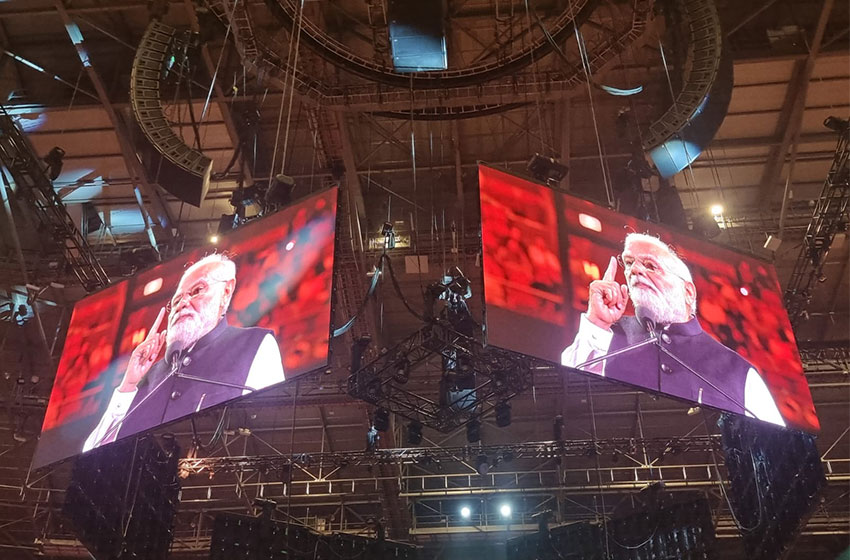
Besides, Beijing has imposed restrictions on certain Australian products; hence Australian efforts have been directed at improving trade relations with India.
Modi’s visit also attracted activists who protested against his government, accusing it of restricting Muslim and other minorities’ rights and press freedom. Additionally, anti-Modi posters appeared around Sydney, and Hindu temples in Sydney’s west were recently vandalized. Also, Sikhs have used the visit to demand a separate state.
Modi assured that he had raised the issue of attacks on the temple with PM Albanese, who confirmed that the authorities had taken the necessary actions against the culprits. PM Modi said, “We will not accept any elements that harm the friendly and warm ties between India and Australia by their actions or thoughts“.
Furthermore, both Prime Ministers announced a new migration agreement which will promote two-way mobility of students, graduates, academic researchers and business people. And they agreed on the terms of reference for a bilateral Green Hydrogen Task Force; it will promote cooperation on producing the gas without fossil fuels usage.
Finally, they declared new diplomatic posts in Bengaluru, India, and Brisbane, Australia.



